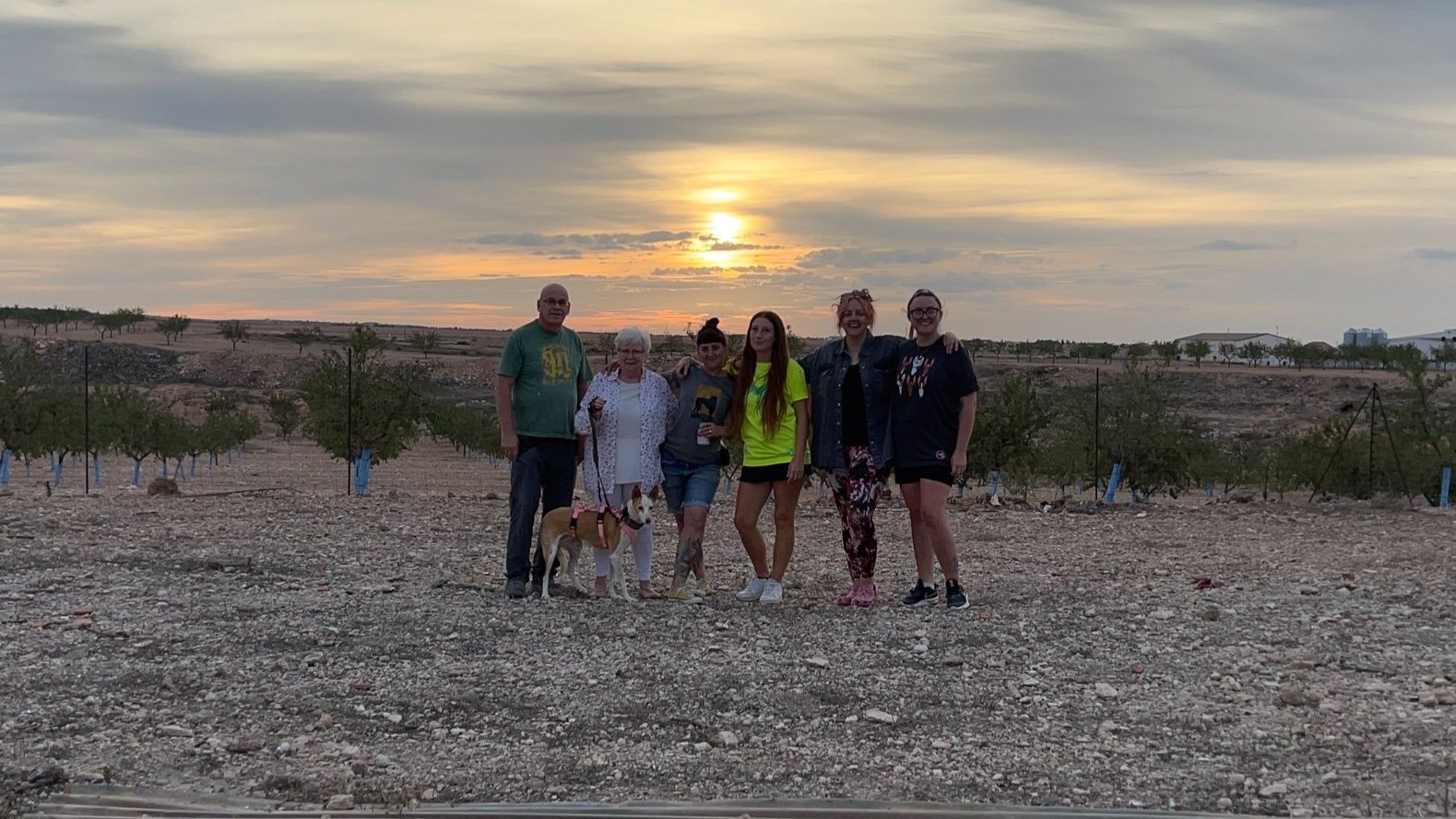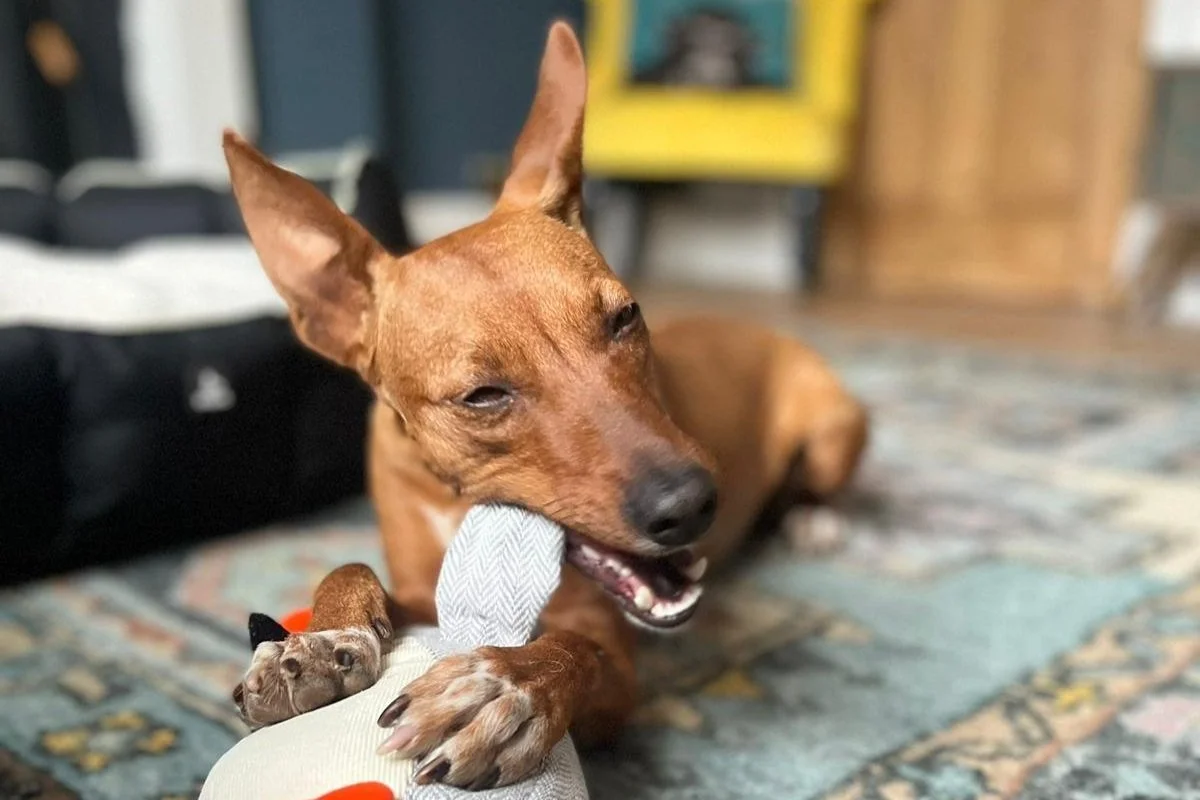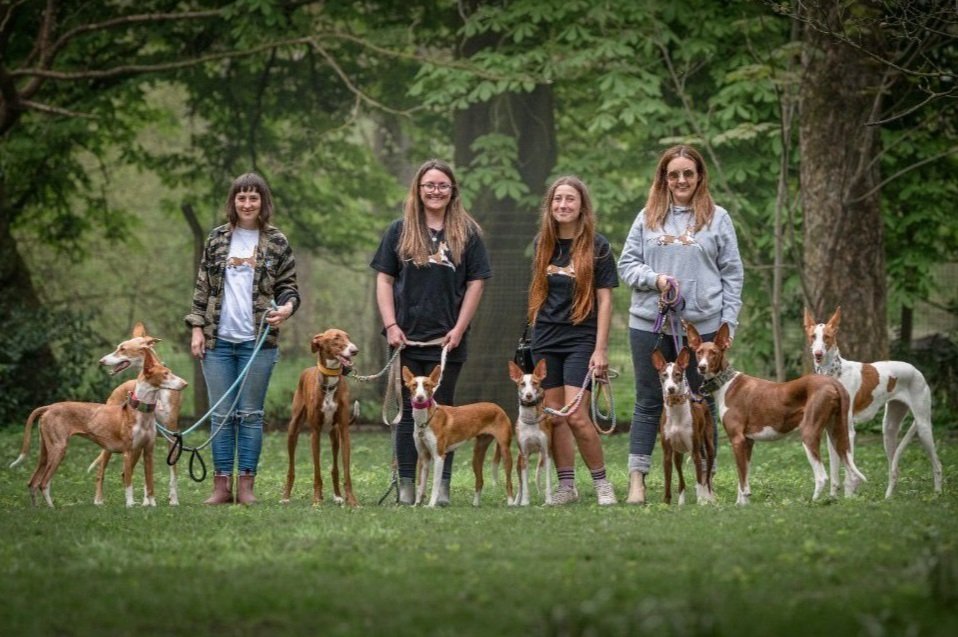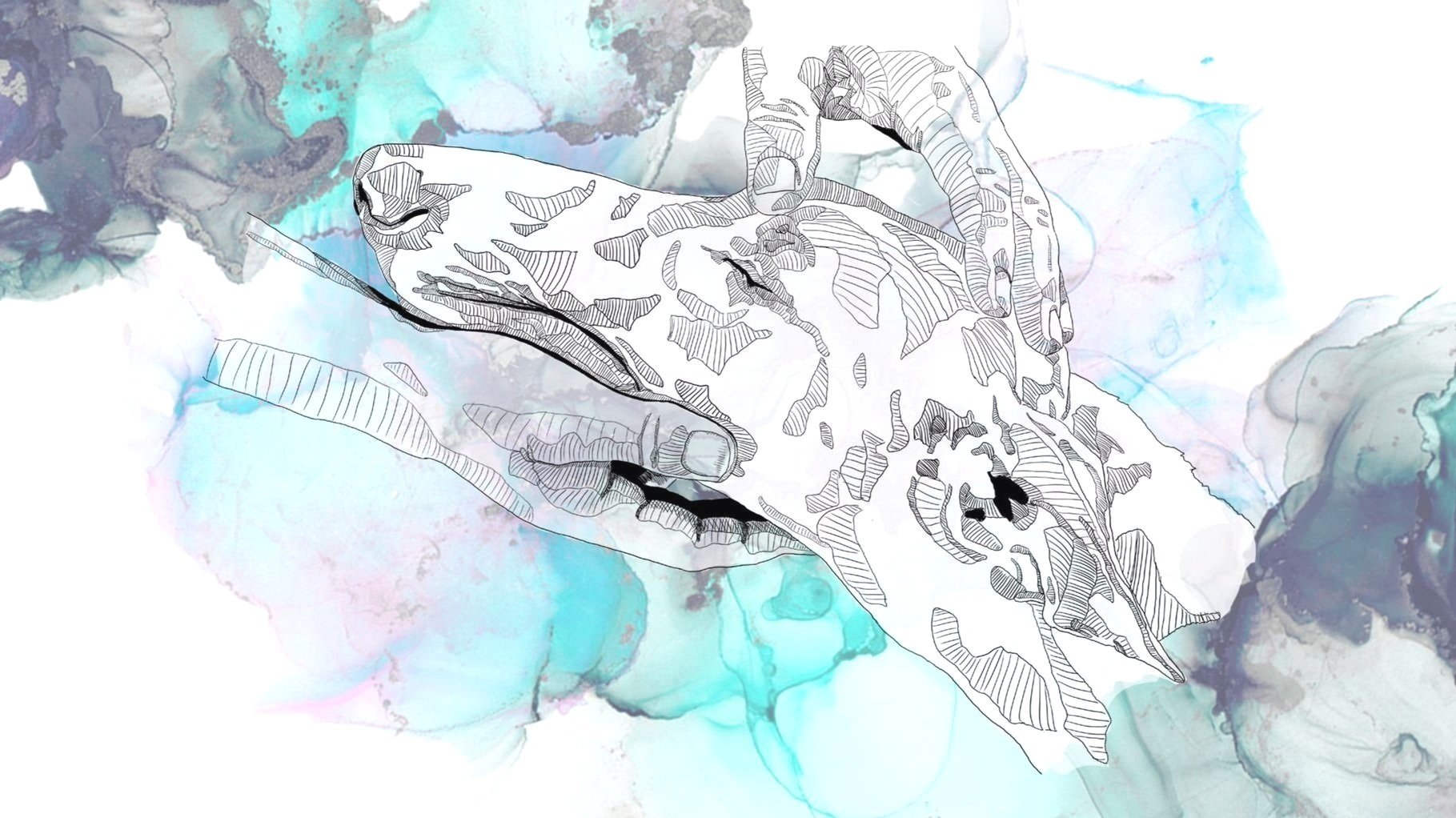
Your promise to your pod
What to expect when adopting a pod?
Pods come in all shapes and sizes, they also come in all personality types with different needs - sometimes that’s youngsters looking to learn how to grow into a happy, healthy adult and other times its adult pods needing to understand what it means to live life as a pet after a trickier start in life. Adopting a podenco can be a bit of a rollercoaster and what we need most from our adopters is the commitment of time, patience, love and understanding of just how much we ask of the dogs up front to help them reach their full potential. And we’ll be right by your side, every step of the way!
Adopting a rescue isn’t always easy, but its so rewarding!
What the first few days/weeks might look like…
-
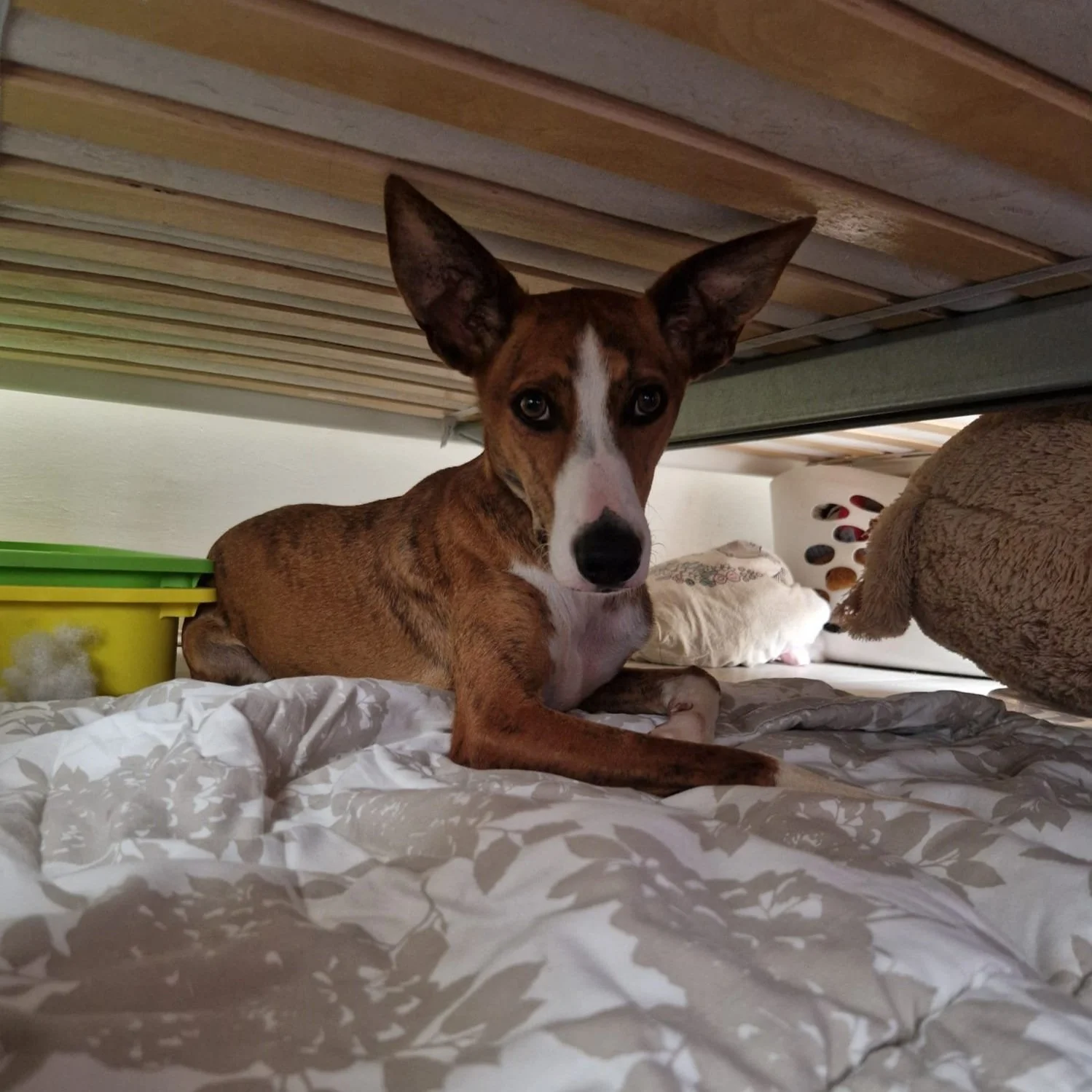
Overloaded
Transport and a change in environment can be hard on any pod, some arrive in your home and are raring to go, they have been waiting for you - their wonderful adopter all their lives and they are into everything! We will come to that next…
But some may be completely overloaded and shut down after so much change that they won’t want to interact, they wont want to walk, they won’t like your other dog (yet), they certainly are not ready for that cat we said they’d be workable with. But ALL of this is OK and perfectly normal! They don’t need to be walked in the first week, they can stay in their crate/bed and just start to decompress and adjust to their new home without needing to explore the neighbourhood. They can also take their time to meet their new doggy and cat companions, and extended human family members and friends have plenty of time to meet them once they are more settled.
We all want to give our new family members love and treats and toys and to show them off to the world, but the kindest thing we can give them is time and space to work out this new life and the humans that come with it!
-
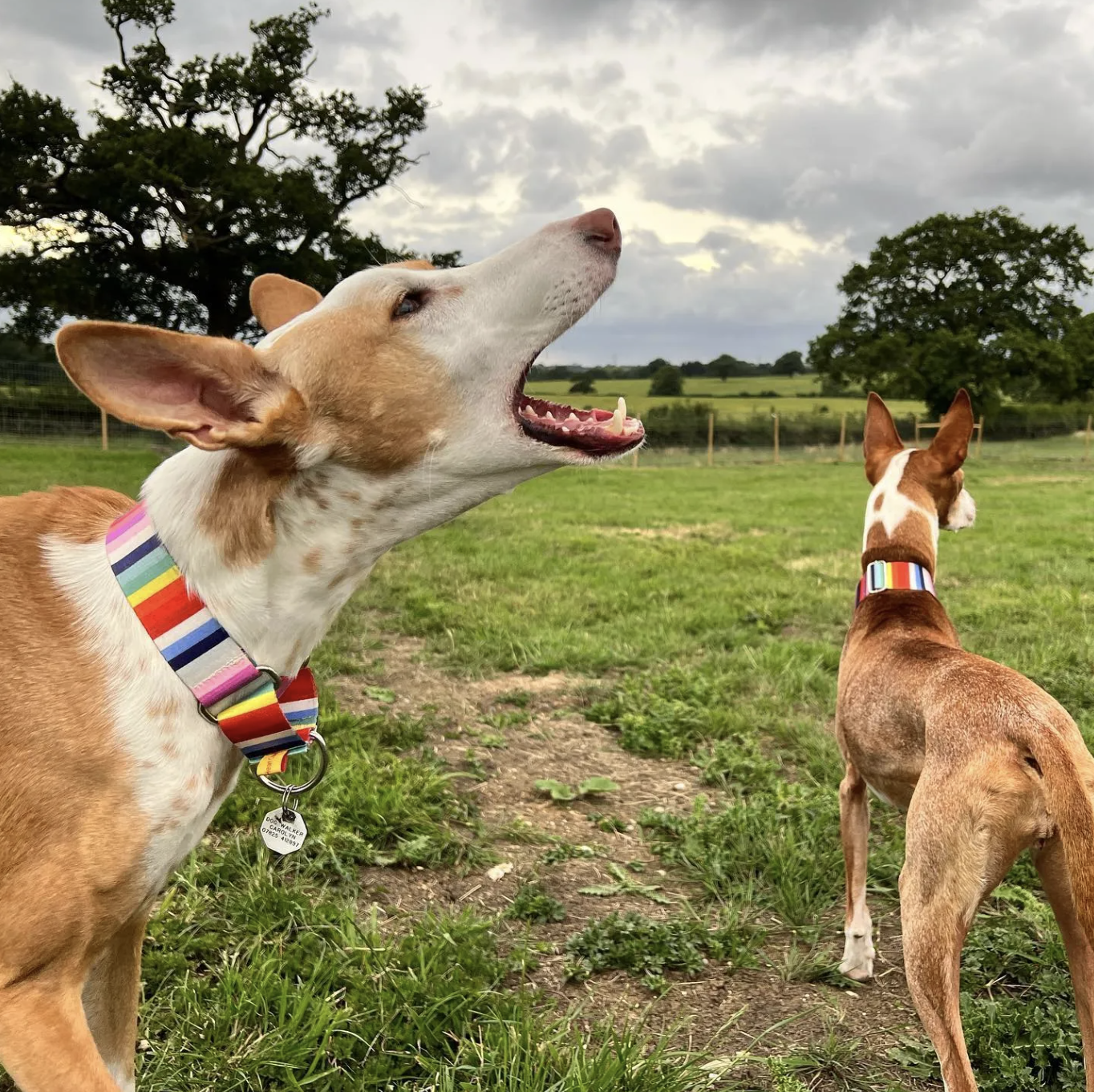
Reactive
My pod is doing great, they are confident and excitable, and yes, they might chew some of my prized possessions and seem to think ALL food belongs to them, but they already love me and my other dog!
BUT when we go outside its a completely different story, they react to EVERYTHING - bikes, people, other dogs. I knew squirrels might be a challenge but I wasn’t expecting this!
Don’t forget that your pod has not spent a lot of time in a harness or on a lead as thats not the reality of life in a kennel. In Spain, the key for us is that they are assessed for health and behaviour, in a nice quiet location, that’s often very remote, meaning they just haven’t had all of these experiences before.
We need to be patient and help them understand that these things are not to be feared, the lead and harness are great and mean bonding time with us. Equally, they don’t have to go and say hello to every other dog, or investigate every new thing. Instead, new things can just be ignored or greeted politely, but it can take time and consistency to help them with that!
-
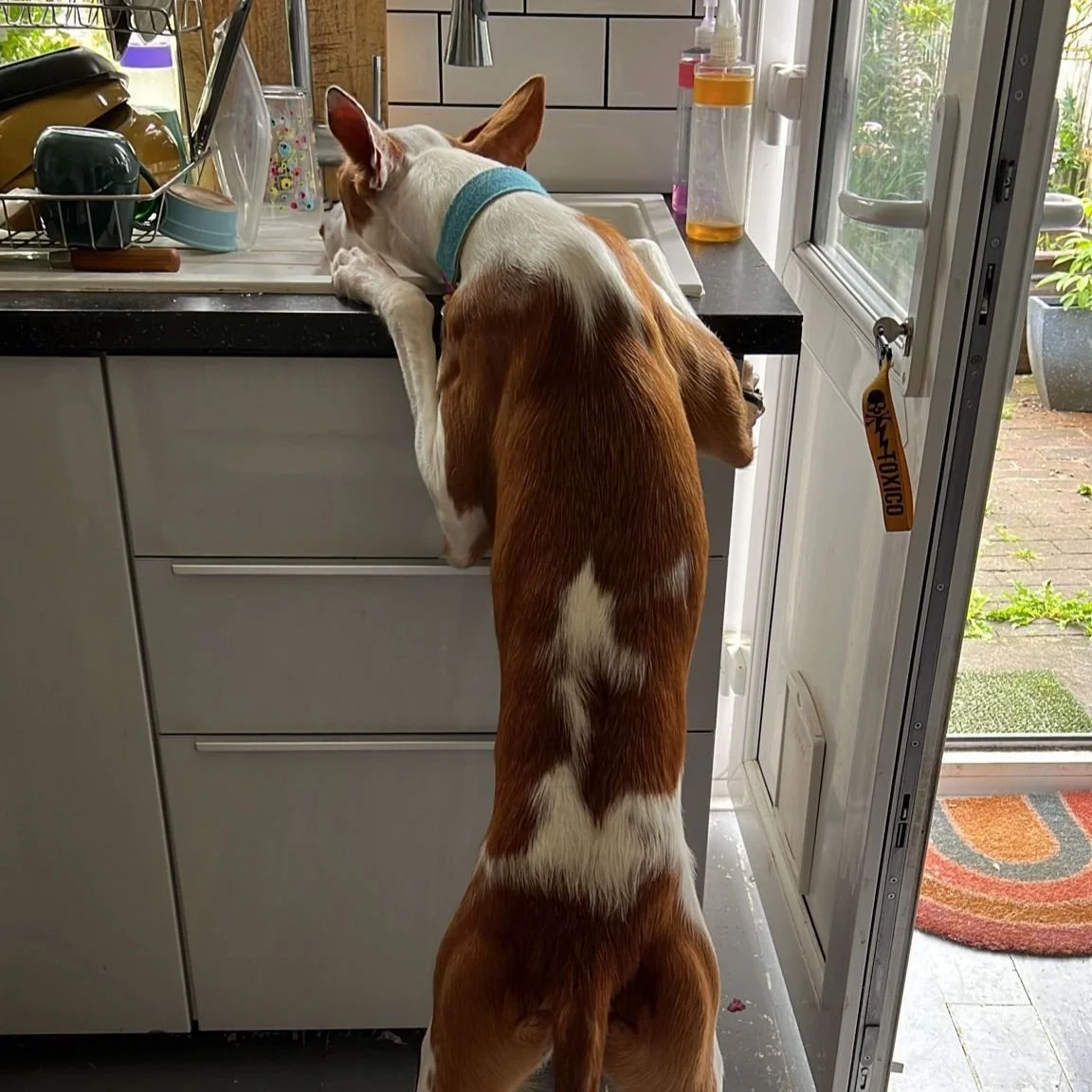
Undesirable
Barking, howling, digging, stealing (finding), counter surfing, counter jumping, scavenging, chewing, toileting in the home, barking at visitors, resource guarding objects, guarding people, pulling on the lead. You name it, we have seen it!
Your pod is likely to do at least one of these at some point as they learn to adjust to their new life, trust you and also figure out your boundaries. It takes training and it takes commitment from you, to your new family member to work though this. We are here to help you every step of the way, but we cannot magic these behaviours away in an instant, no one can. Trainers you see online or on TV film progress over days not hours!
And we cannot make the commitment for you to stick with the hard times as well as the good. Only you know if this is the right time for you and your home, only you know what you are willing and not willing to work through. Training is not linear, there will be good days, followed by challenging days, which can last over a number of months. The key thing to remember is that it is possible, and there’s always light at the end of the tunnel. It’s a rewarding journey, but it takes work to get there.
Don’t worry about an instant connection, play the long game.
One of the most emotionally difficult things about rescuing a dog is that we all want our dog to be OUR dog. We of course want our new dog to love us, but the first time that we meet them is when they are coming off the transport and are tired and bewildered. It’s a very different experience than picking up a puppy from a litter, and we need to set the expectation that often a bond has to be built and worked on rather than being those instant fireworks we all dream of. Given time and space to let their curiosity win, we can guarantee it happens though - a few days, or sometimes weeks but soon you’ll feel that lovely warmth in your heart when your new pod is looking for love from you.
AND, of course, we are here for you.
You will have your transport group with other adopters to share your stories and experiences and you will have your own group with the team to raise any concerns and reach out for support. We even have a Podenco specialist behaviourist we can reach out to for help. We’re all here for you and your pod!
But we need you to work with us, we need you to share how its going and to reach out with any challenges as soon as they happen and most of all, we need you to commit to your new dog and try your best. Sometimes it may feel like you have reached your limit, but your new pod needs you to keep at it and keep working with them to help them reach their amazing, incredible, wonderful potential! Trust us, you will be rewarded for you effort.
Remember the rules of 3.
This isn’t the same for every dog, so keep expectations fluid, but as a rough guide, we follow the 3 days, 3 weeks, 3 months approach:
First 3 days your dog may be overwhelmed, scared and unsure of what’s going on. They may shut down and not want to eat or drink. Boundaries can be tested as they try to find themselves.
After 3 weeks your dog is starting to settle in, working out home life and a routine, letting their guard down. Behaviour issues may start to show as training is worked through.
After 3 months your dog is comfortable in their new home, building trust and a true bond with the home and settling in their routine!
What we need from you.
What we ask of our adopters is that you make the commitment to see your pod though all the early stage challenges and joy, and try and see the world from your dogs eyes so that you can recognise your new family member is learning and trying and growing into this new way of life!
We will have talked about rescue back up on your early adoption call, this must be a last resort. To move a pod from Spain, to a new country, to a home, then another home or emergency foster is potentially damaging to that dog - more so than staying in the trusted rescue centres and original fosters until the genuine right match comes along.
Ask yourself if there is anything above that you think just is not for you or that you would struggle to cope with and raise it up to us, speak to us - between the team we have 11 podencos of our own and years of experience fostering and adopting pods! It’s OK if a pod or International rescue is not for you, there will be another dog out there just waiting for you to see them.
This page is not designed to put anyone off, but we pride ourselves on being open, honest and transparent, and this is our way of making a successful match to last forever - what more could any of us want! If you don’t believe us, take a look at all those that have taken the leap and made it happen.

